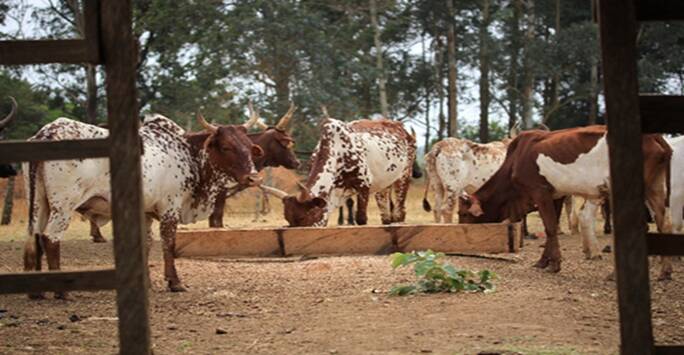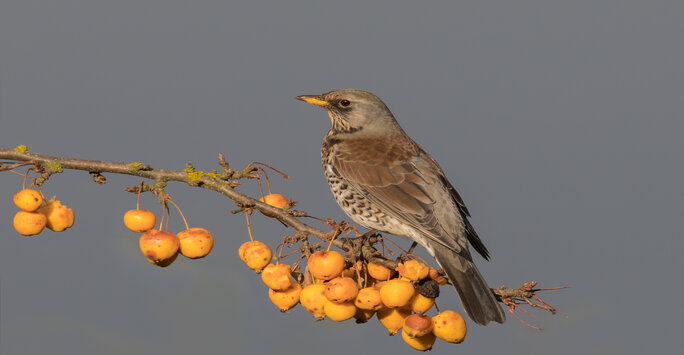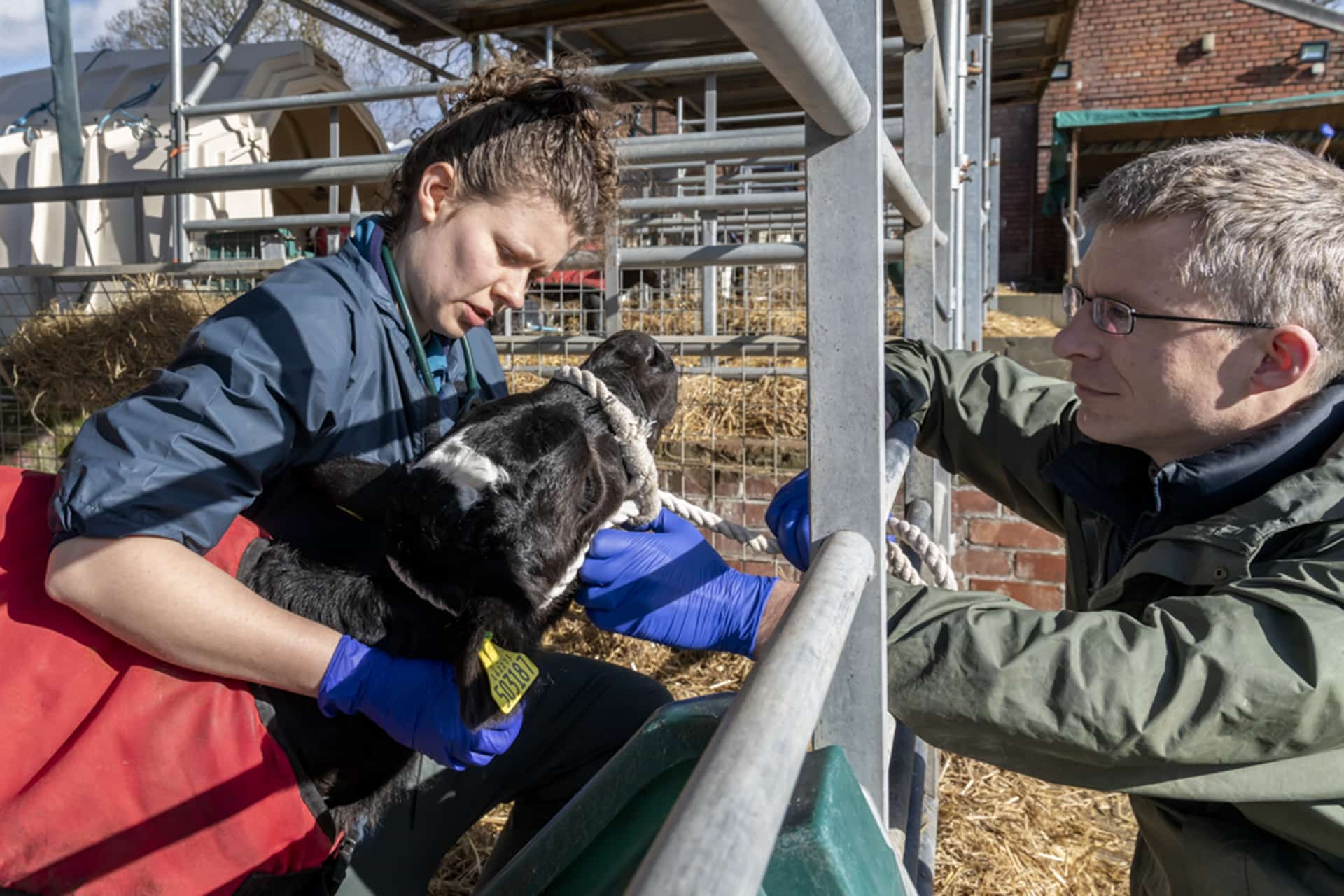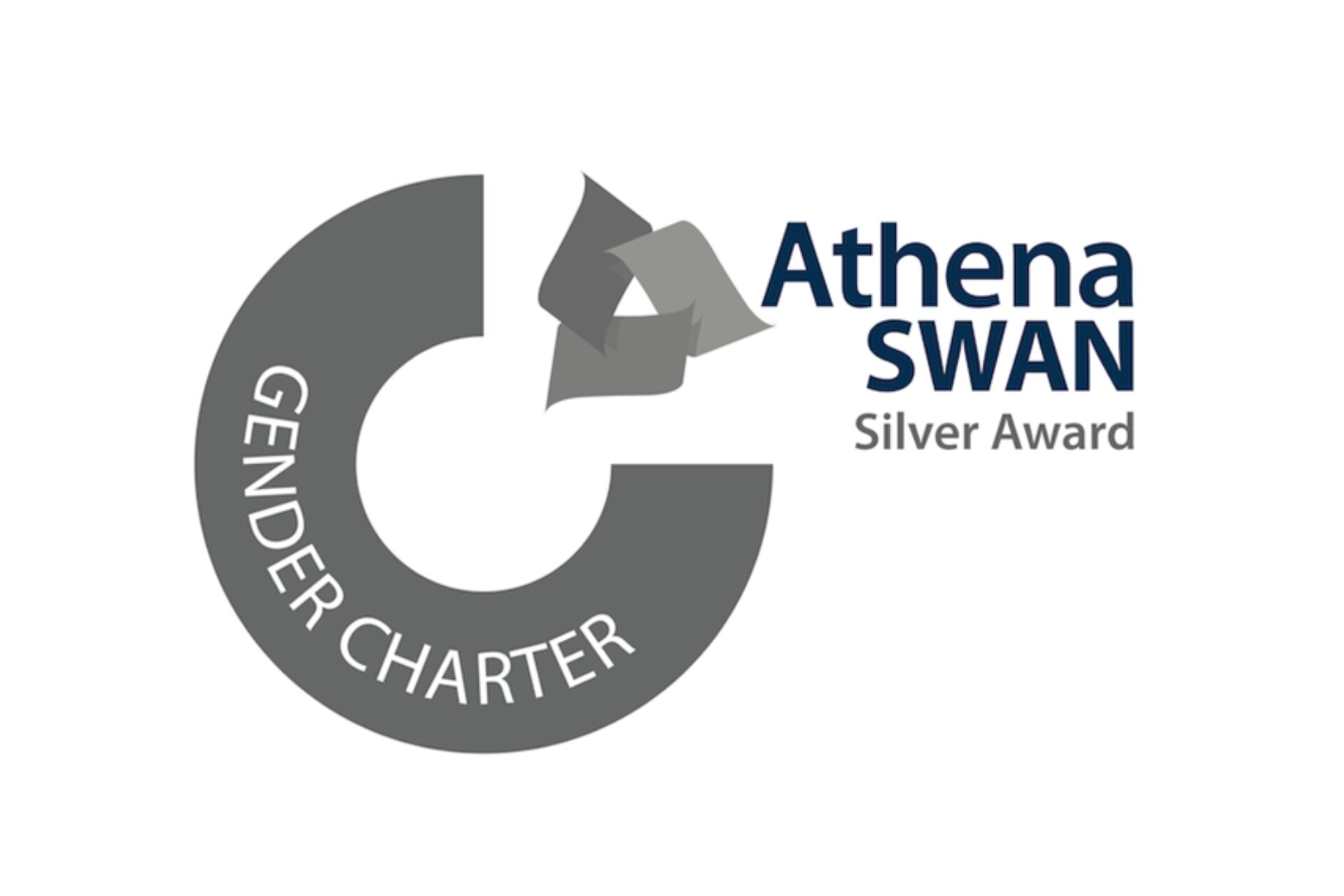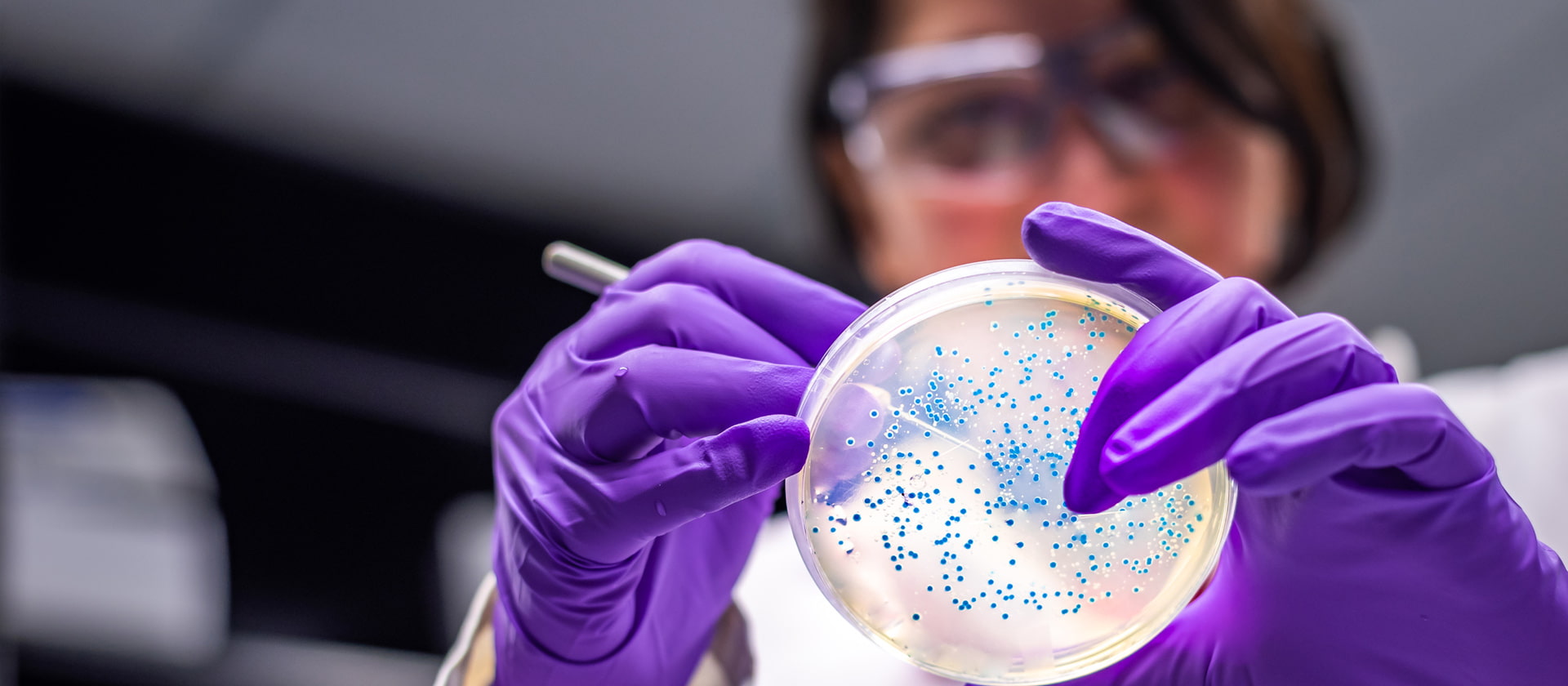
Department of Infection Biology and Microbiomes
We focus on how pathogens interact with their hosts at the molecular and cellular level, with the aim of designing better diagnostics, vaccines, and drugs.
Staff in the Department of Infection Biology and Microbiomes
